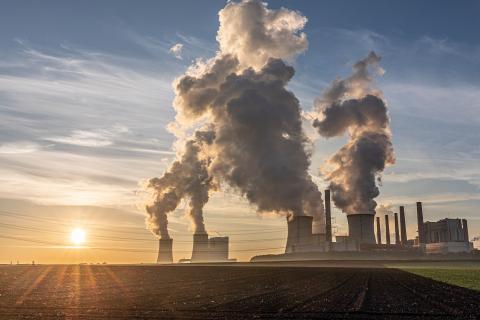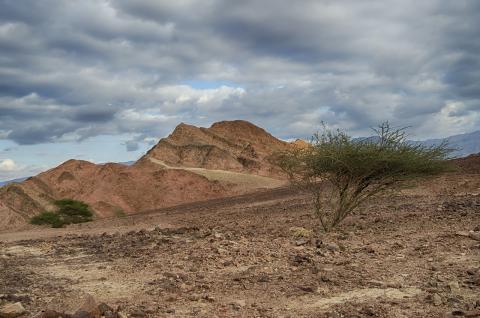Reaction: carbon sequestration is at risk of destabilisation in large regions of the planet
A study published in Nature suggests that carbon sequestration is at risk of destabilising in large regions of the planet. In some areas, this sequestration - the difference between the CO2 captured and released by ecosystems into the atmosphere - has varied greatly in recent years. The research is led by CREAF and the University of Antwerp (Belgium).

Fernando Valladares - secuestro carbono EN
Fernando Valladares
PhD in Biology, CSIC researcher and associate professor at the Universidad Rey Juan Carlos de Madrid
The destabilisation of carbon sequestration by climate change found by Fernández-Martínez et al. (2023) is worrying, as it calls into question the capacity of one of the basic pillars of global warming mitigation.
Net global biomass production shows signs of instability, especially in regions that have warmed the most, and this compromises the effective removal of part of the atmospheric carbon that accumulates from anthropogenic fossil fuel burning. This puts at risk the achievement of the goals of decarbonisation of the economy and the intention of all countries not to exceed the warming limits approved in the 2015 Paris Agreement in order to avoid a climate that is extremely dangerous for humanity.
The work analyses the influence of factors such as change of use and the role of biodiversity, launching yet another new warning: far from increasing the productivity of ecosystems with biodiversity, as numerous previous studies have shown, this work indicates that the effect of respiration obscures the effect of photosynthesis - remember that the former releases and the latter captures atmospheric CO2 - so that the relationship of biodiversity with productivity becomes negative in scenarios of increasing warming.
These kinds of instabilities and imbalances are well demonstrated in the paper, although understanding the underlying mechanisms and seeing their generality for ecosystems for which little data is yet available remains a pending task for science.
This work perfectly illustrates why the scientific community is so concerned about climate change, as we increasingly understand the indirect effects and complex processes, such as instabilities, that lead to increased climate risks.
Fernández-Martínez et al.
- Research article
- Peer reviewed
- Modelling



